A disaster can strike at any time, so it’s always best to be prepared with a few emergency supplies. This article shares 18 essential items every home should have ready for emergencies to ensure the safety and sustenance of you and your family.
Water Supply
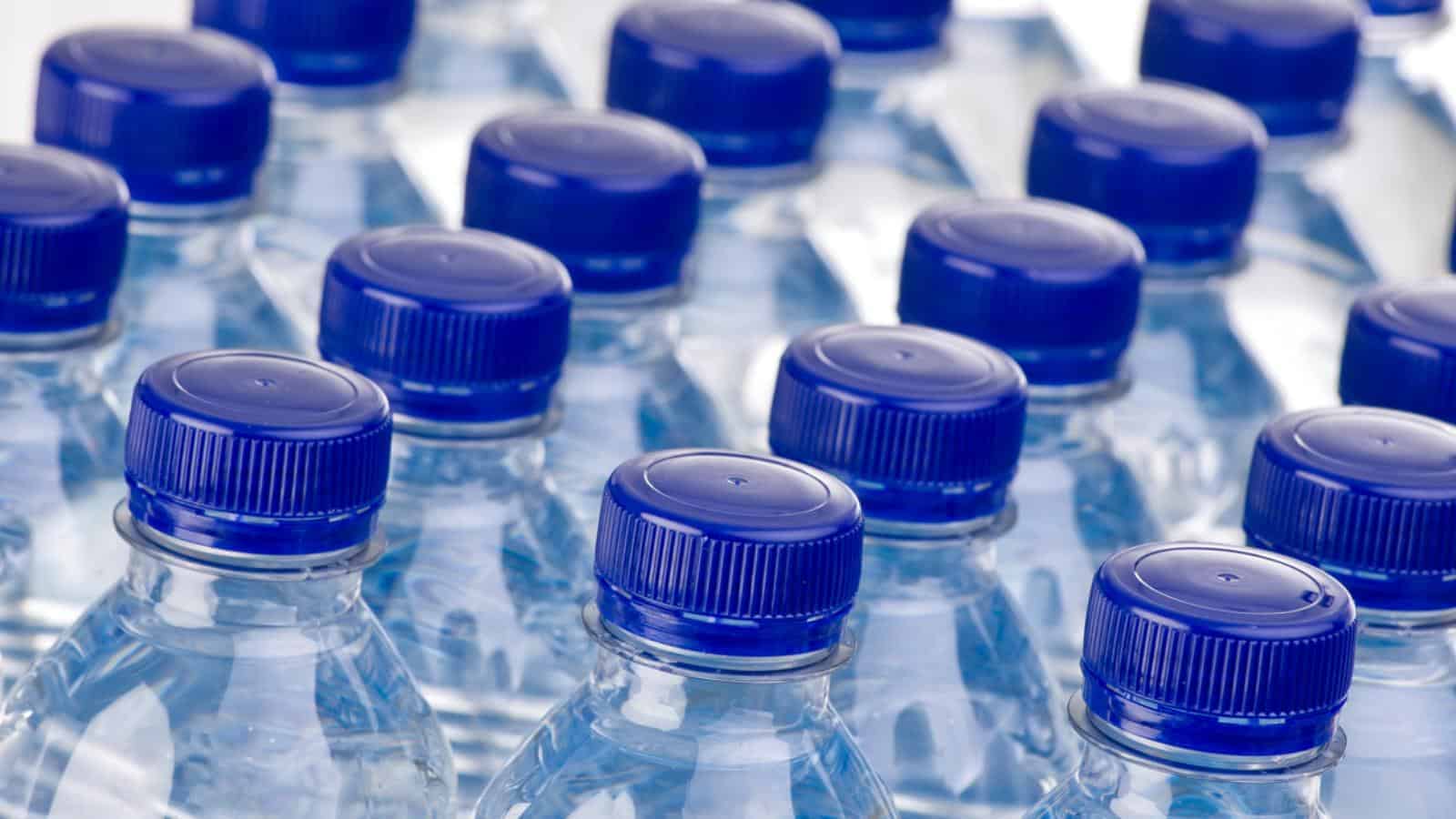
In an emergency, your water lines may be shut off or the fresh drinking water can be compromised, so it’s a good idea to have at least one gallon per person per day stored, aiming for a three-day supply for evacuation and a two-week supply for home. Be sure to use sturdy containers, preferably with a shelf life of several years.
Non-Perishable Food
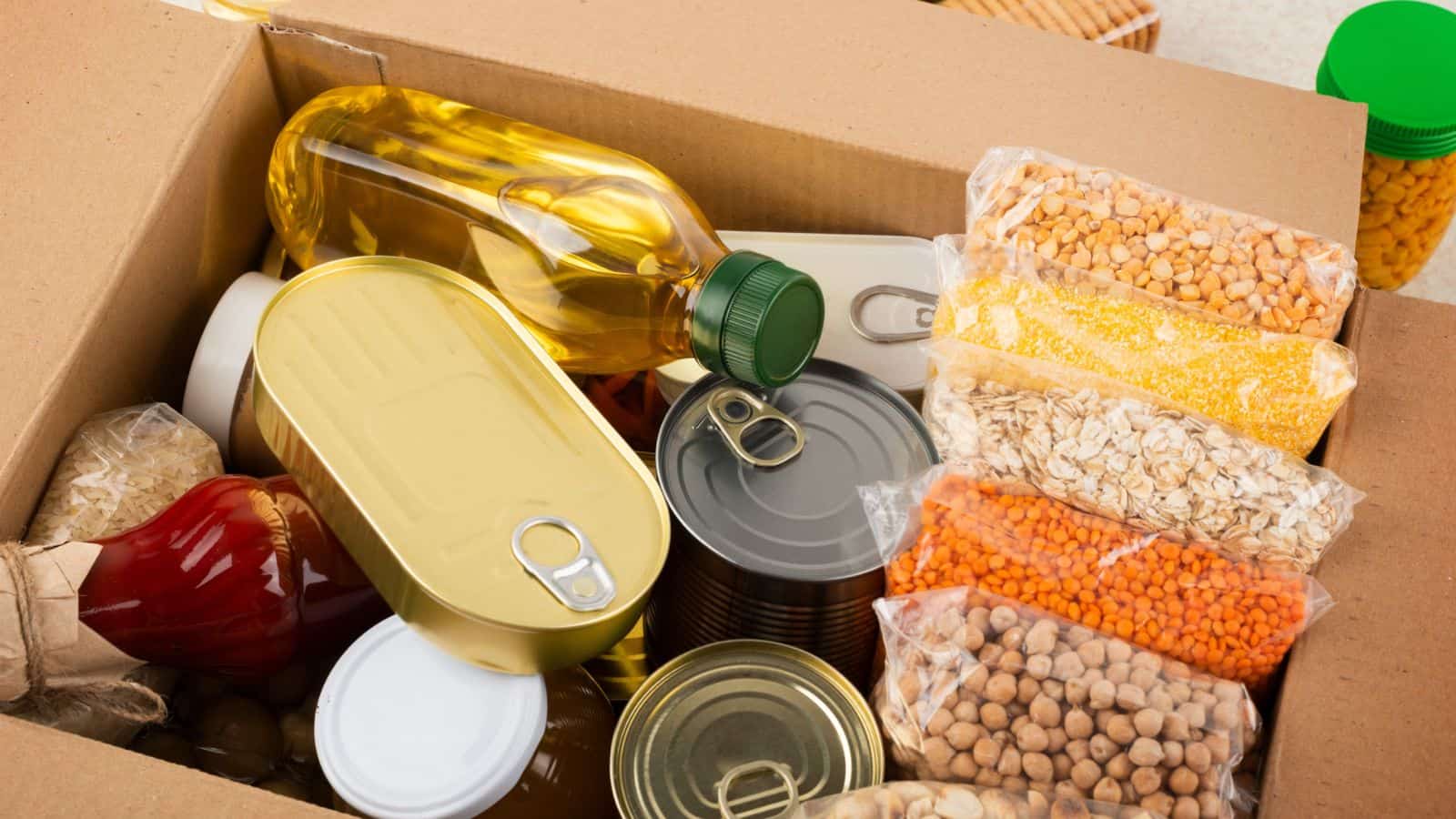
Equally important is to have a supply of food stored away. Stock up on a variety of easy-to-prepare items, including canned goods and dry mixes that have a long shelf life (and don’t forget your pets). It’s important to check and rotate supplies every six months or so to keep them fresh.
First Aid Kit
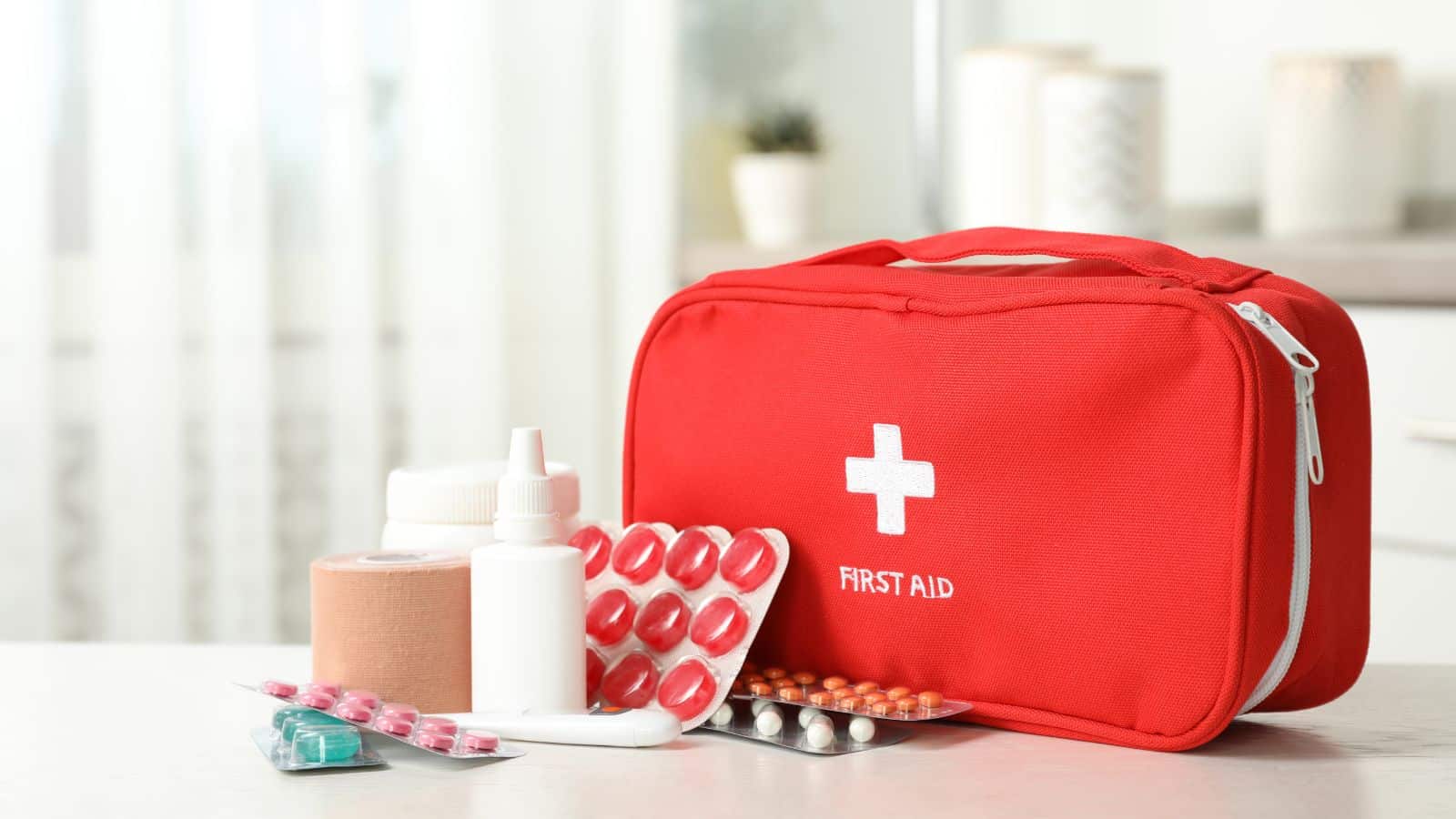
The American Red Cross suggests that a first aid kit include bandages, antiseptic wipes, aspirin, antibiotic ointment, gauze, and more. Do your research and stock up so you have a kit ready at home to tackle anything. You should tailor the contents to your family’s health needs, such as prescription medications and supplies for chronic conditions.
Flashlights and Batteries
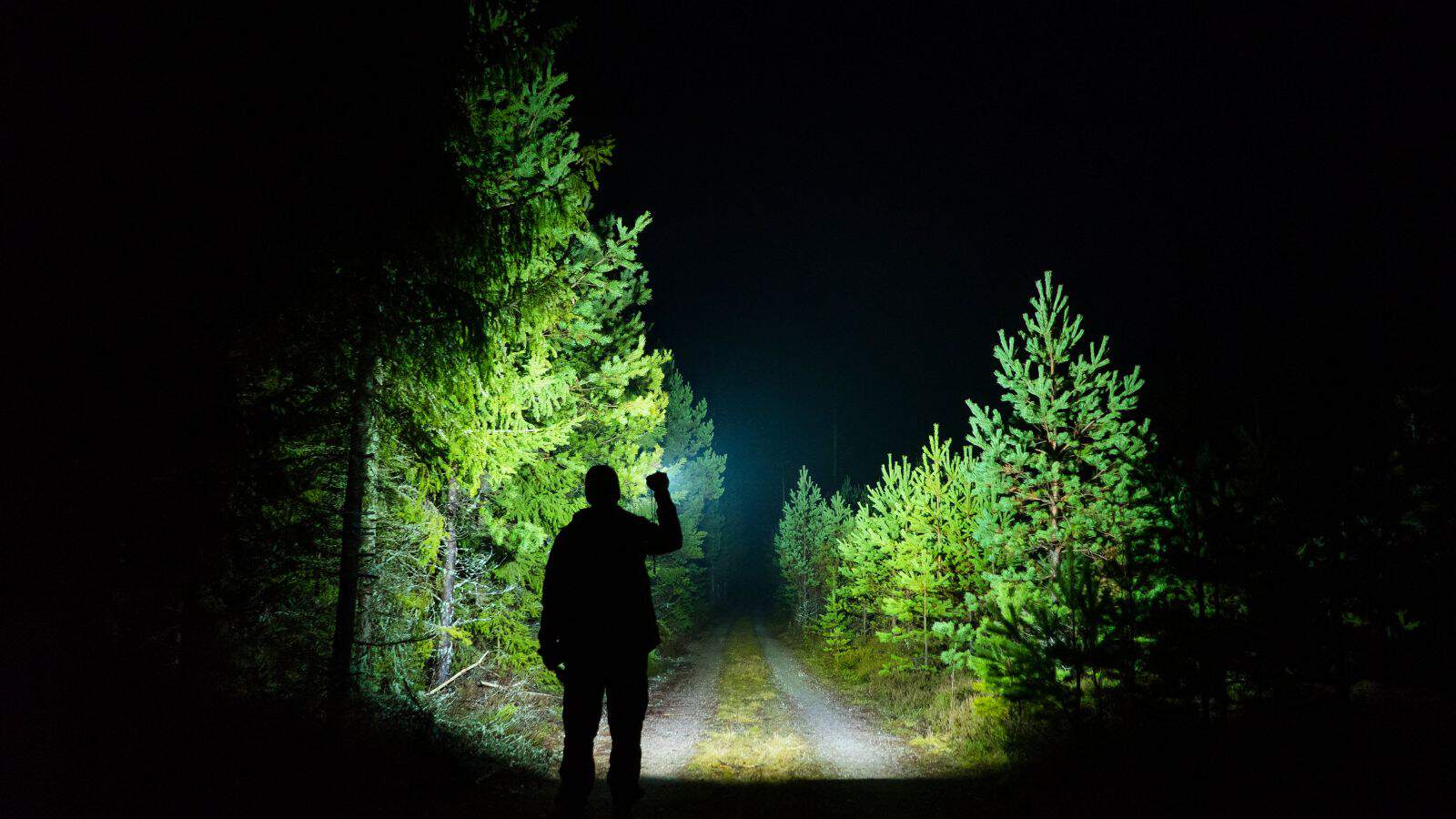
When disaster strikes, you may not have access to electricity, making flashlights your new best friends. You’ll want to have a couple stored at home (perhaps including a headlamp) with extra batteries. It’s also good to know that LED flashlights tend to last longer, so consider this when you’re purchasing.
Battery-Powered or Hand-Crank Radio
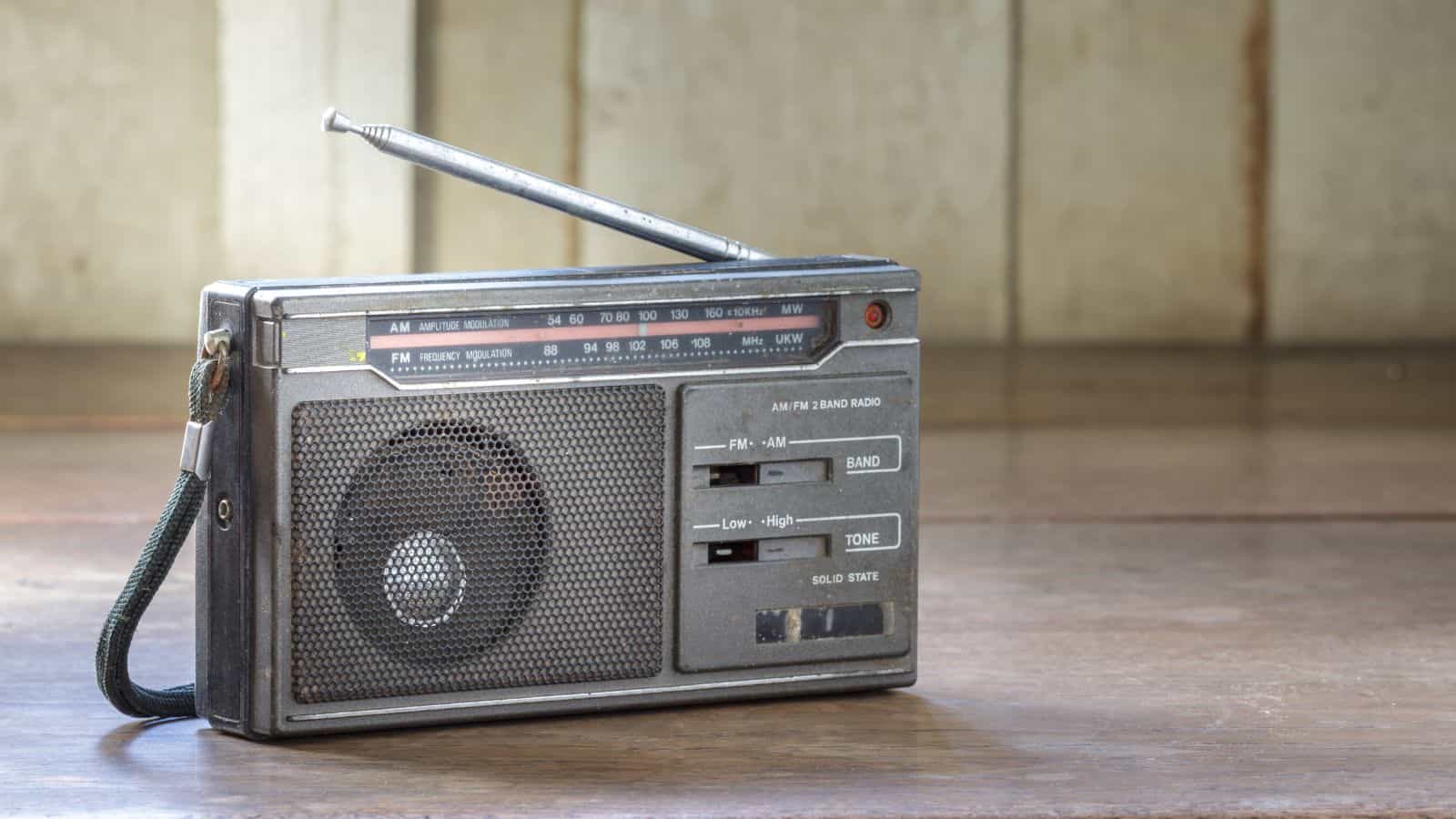
If an emergency situation ever occurs, you don’t want to be totally cut off from the world, so it’s smart to keep some form of radio at home that doesn’t rely on electricity. Just make sure that it has access to NOAA weather radio frequencies and consider models with additional features, like a built-in flashlight or USB charger.
Multi-Tool
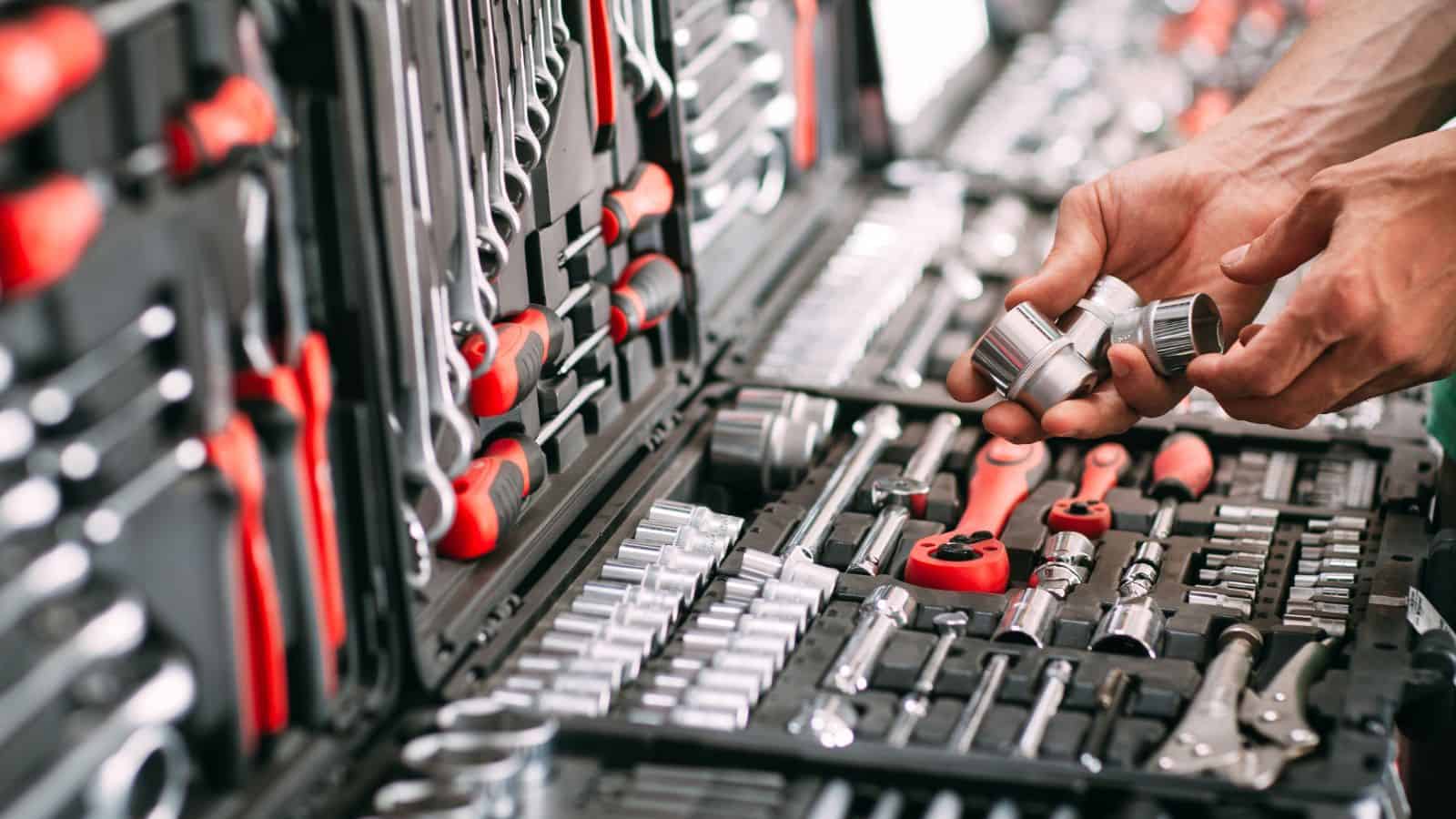
You never know what you’ll end up needing in an emergency, but a good bet is a multi-tool, such as one that includes knives, pliers, and screwdrivers. Go for a sturdy, reliable one and get several so that each adult family member has one readily available.
Personal Hygiene Items

As defined by Healthline, “Personal hygiene is how you care for your body. This practice includes bathing, washing your hands, brushing your teeth, and more.” So, stock toiletries such as toothbrushes, toothpaste, soap, and shampoo at home. You could also store personal sanitation items, like moist towelettes and garbage bags.
Copies of Personal Documents

It’s also a good idea to keep copies of important documents handy, such as identification cards, insurance policies, and bank account records in a waterproof container. If you want to be extra prepared, include a list of emergency contacts and medical information.
Warm Clothing and Blankets
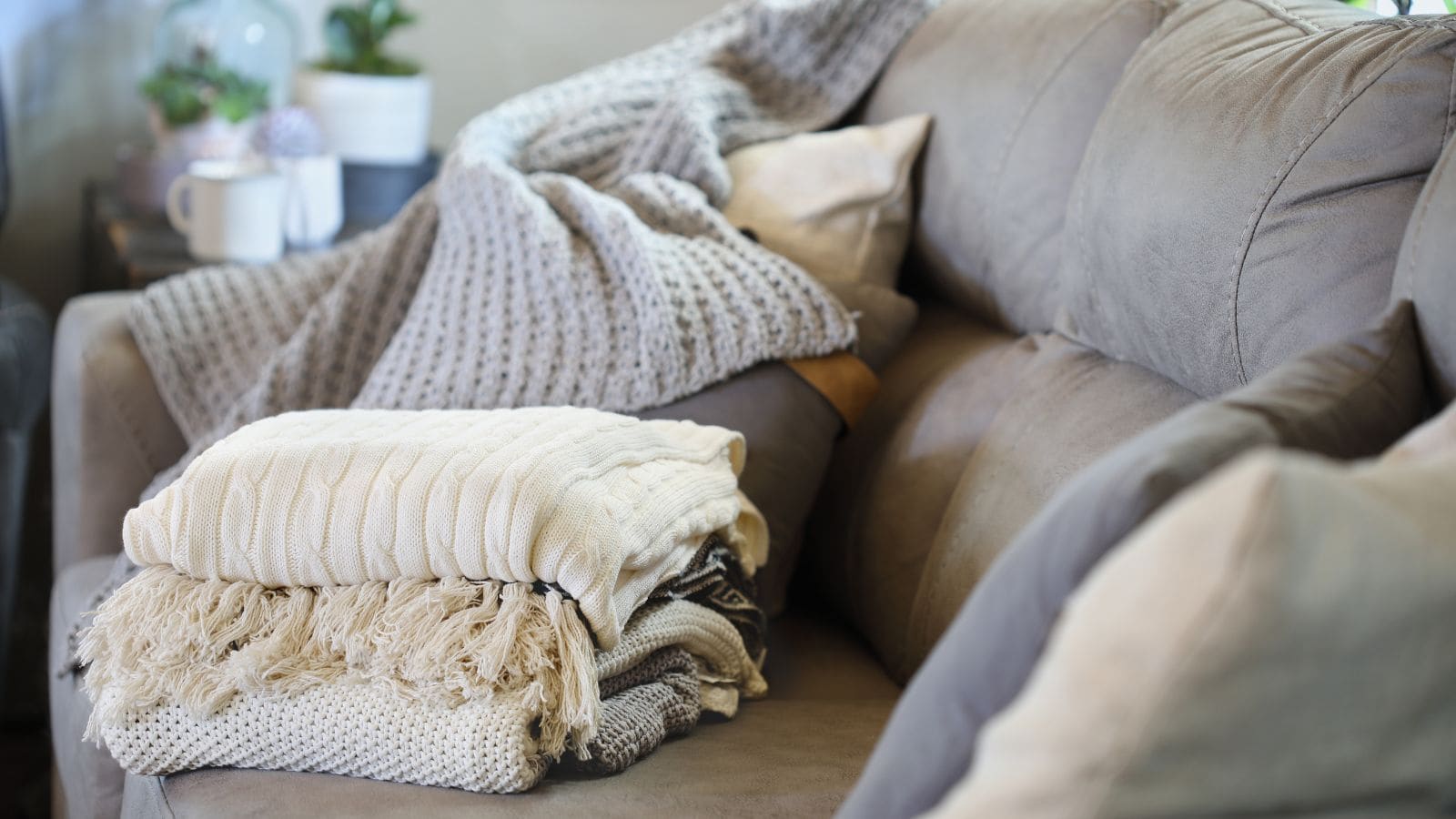
Another important set of emergency items to keep at home is warm clothing and blankets, ideally made from moisture-wicking or thermal materials. Include sturdy shoes and consider space-saving items like compressible jackets and solar blankets. You’ll want to be able to grab these quickly in case of disaster.
Emergency Shelter Materials
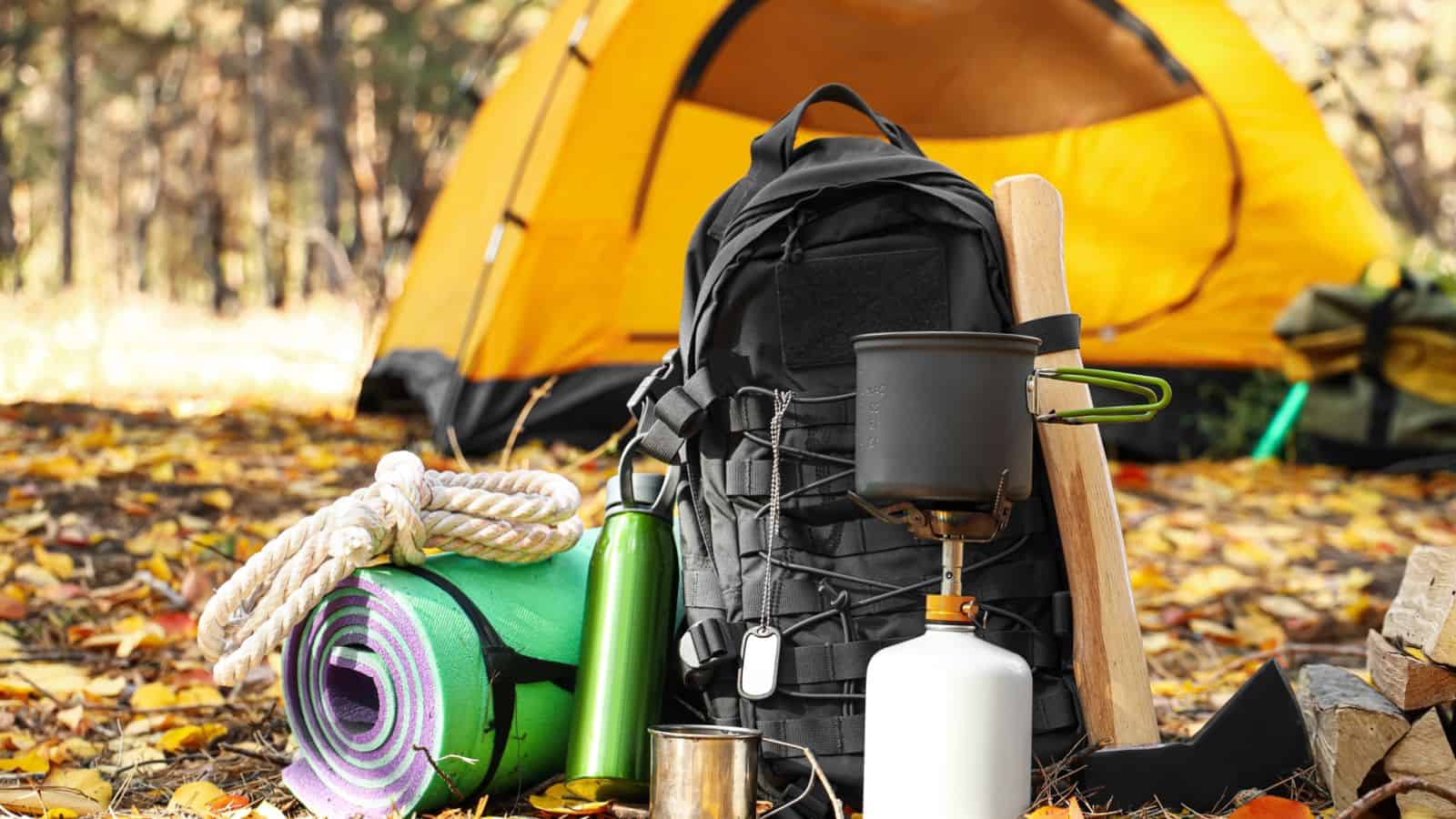
In the event that you have to evacuate your home, it’d be great to have items like tents, tarps, and sleeping bags handy to take with you. Ensure the materials of each item are suitable for the local climate and conditions. You might also want to store ropes and stakes to secure the shelter.
Portable Stove and Fuel
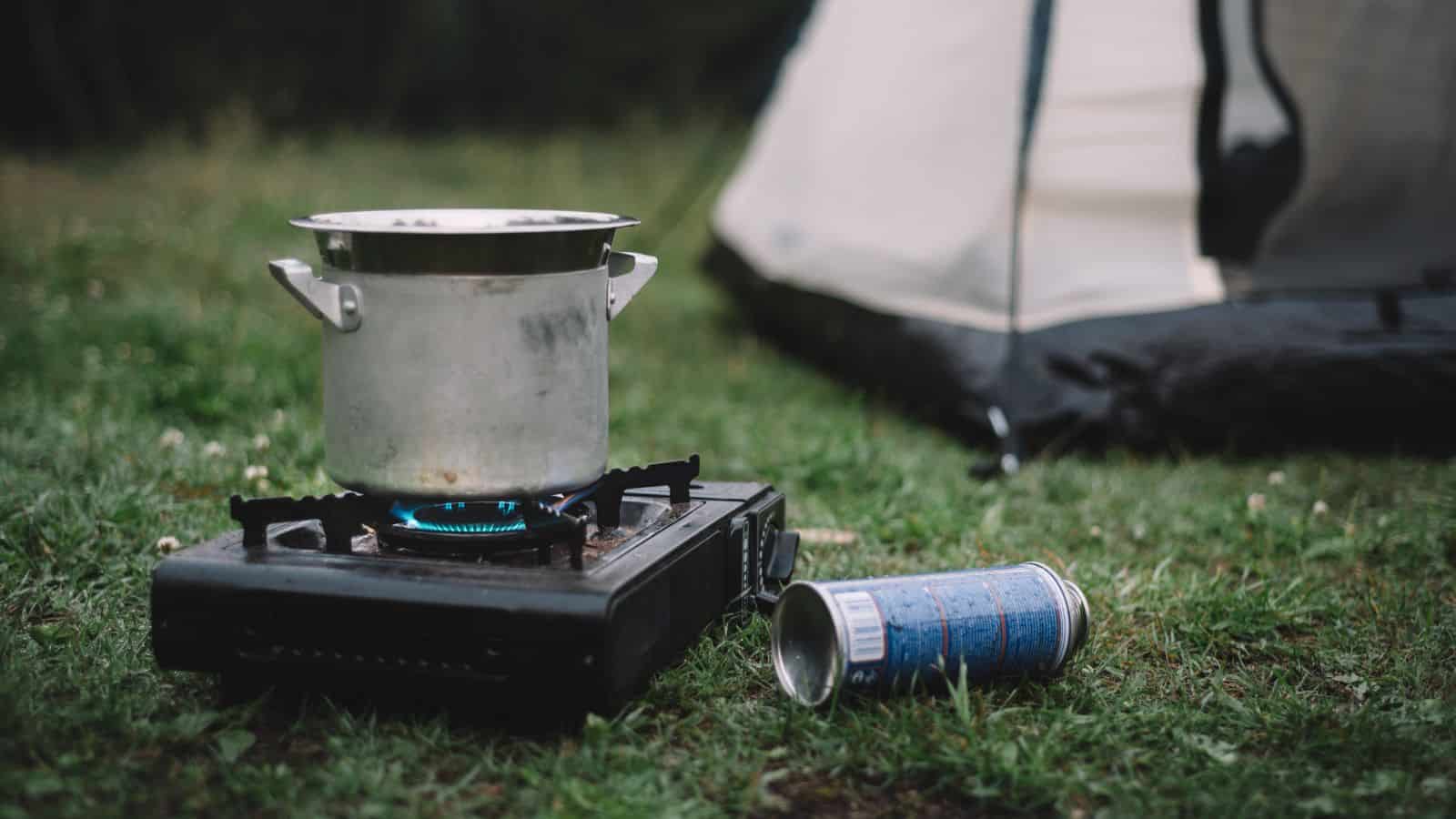
If an emergency occurs, you may be left without power, so a portable stove becomes essential to cook food and boil water. Clicks and Bits advises, “Look for a portable stove that’s lightweight, easy to set up, and can run on multiple fuel sources.” Store enough fuel for several days of cooking.
Waterproof Matches
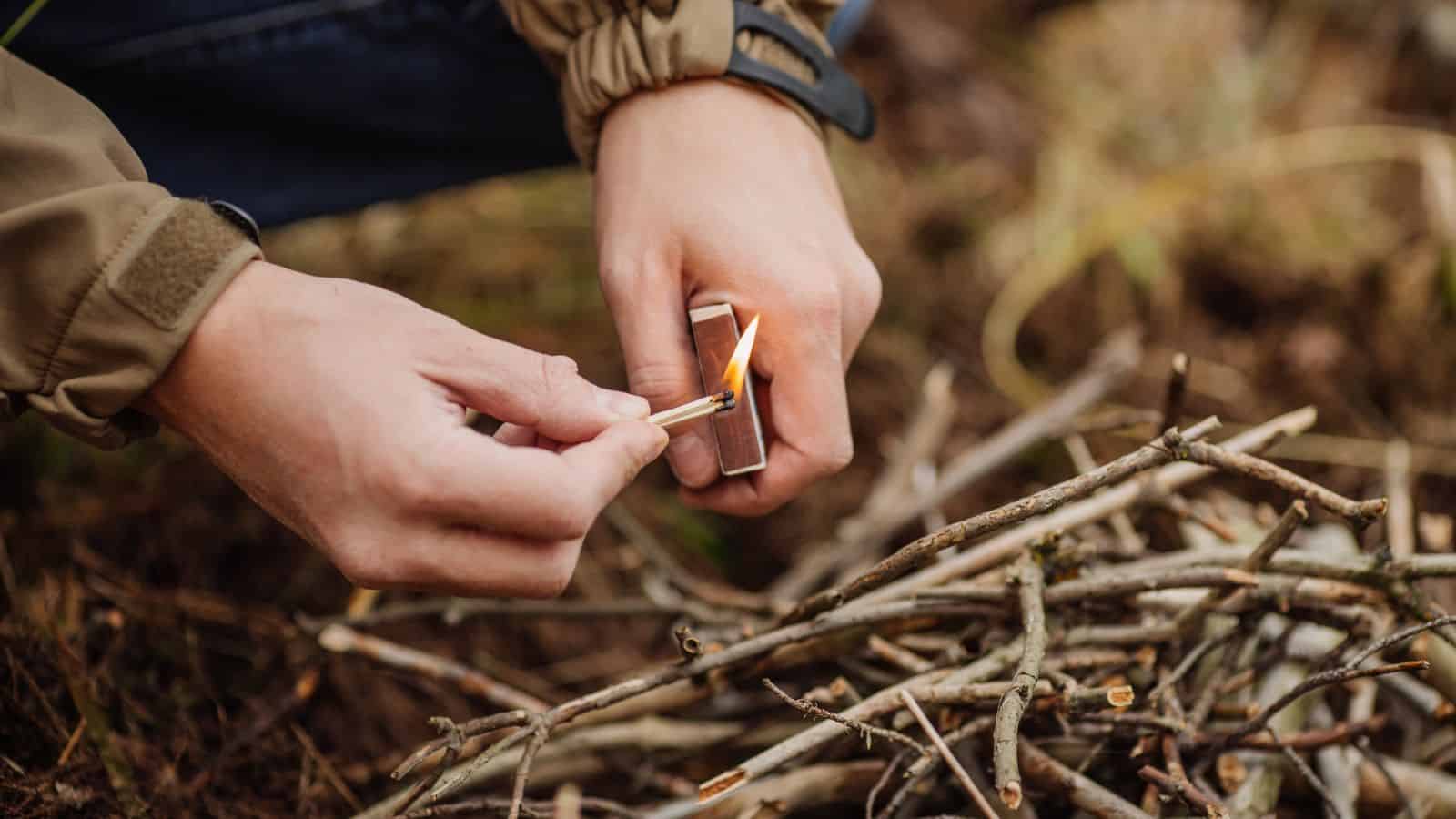
Whether to light candles or start a fire, it’s never a bad idea to have matches—especially waterproof ones—safely stored away in case of an emergency. Store them in multiple easy-to-access locations. You could also buy a few fire starters, such as tinder or lint, to keep handy for easy ignition.
Local Maps and Compass
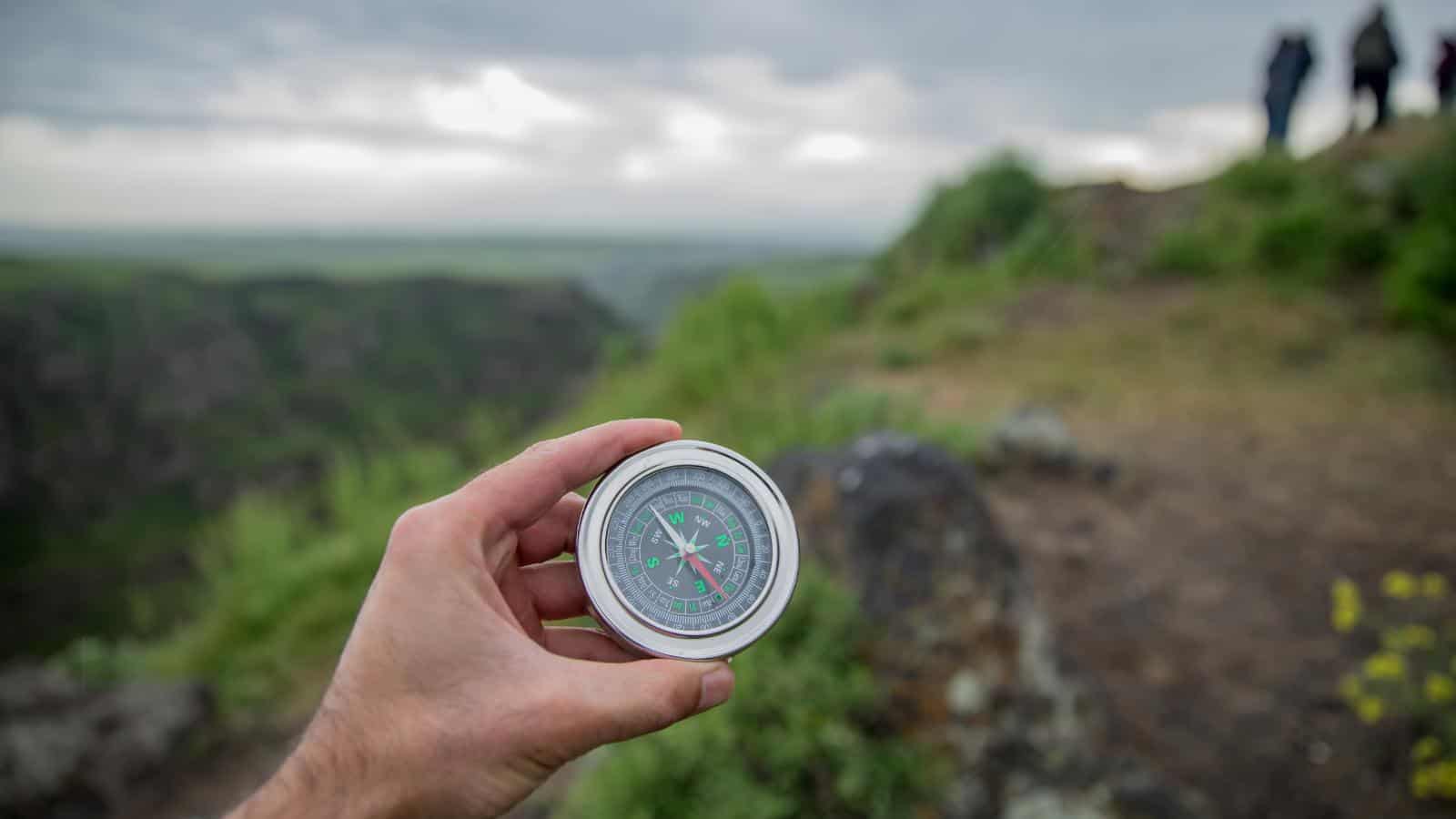
We rely heavily on our phones and the internet to guide us these days, but if disaster strikes, we may no longer have access to these things. With that in mind, keep updated, detailed maps of the local area at home, along with a reliable, easy-to-read compass.
Whistle
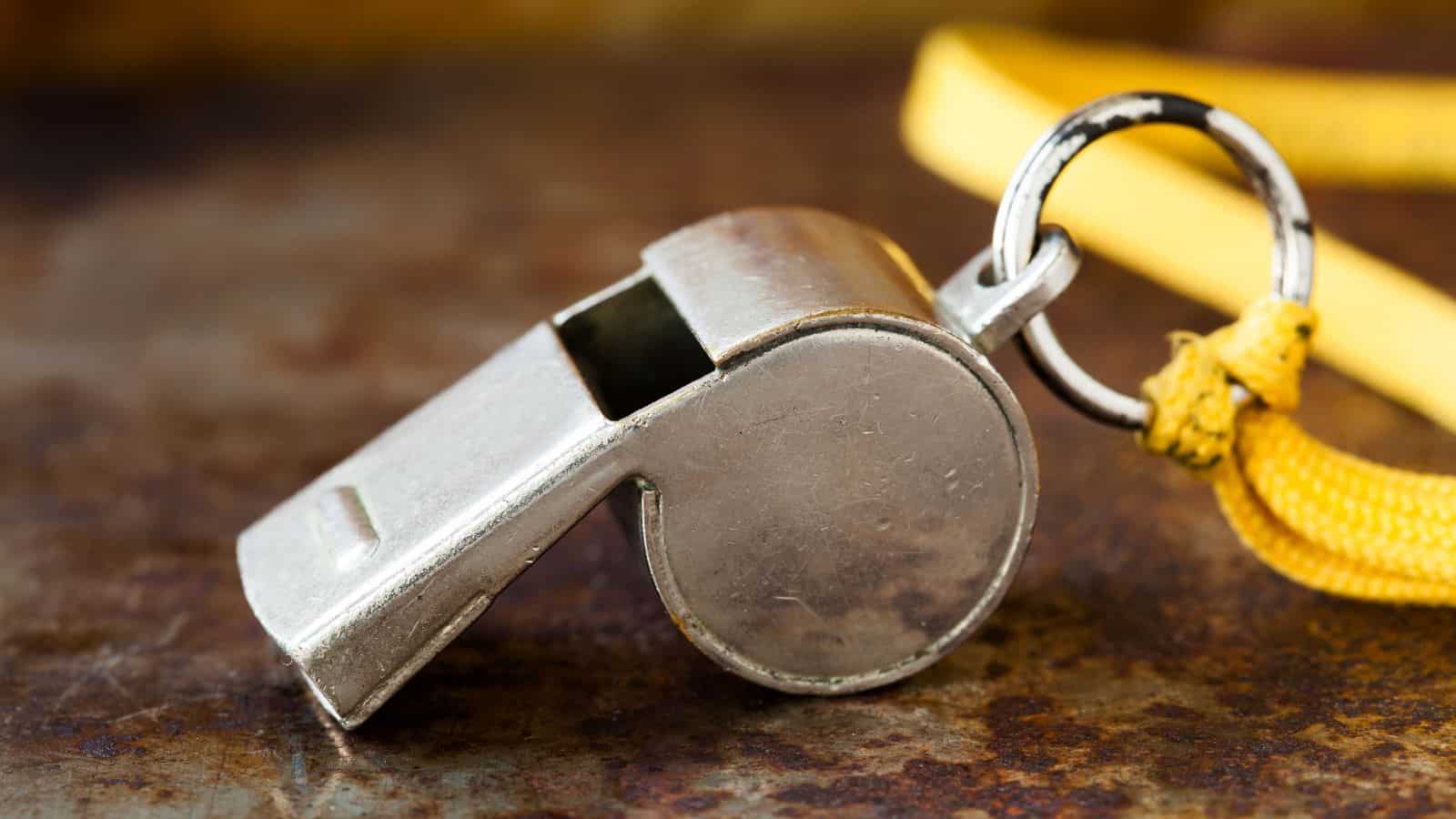
Whistles are also great for emergencies, as they can be used to signal for help, so give each member of your family one to store or keep on them. We recommend choosing whistles that are loud and can be heard over long distances. You could even attach them to a lanyard or keychain for easy access.
Cash and Change
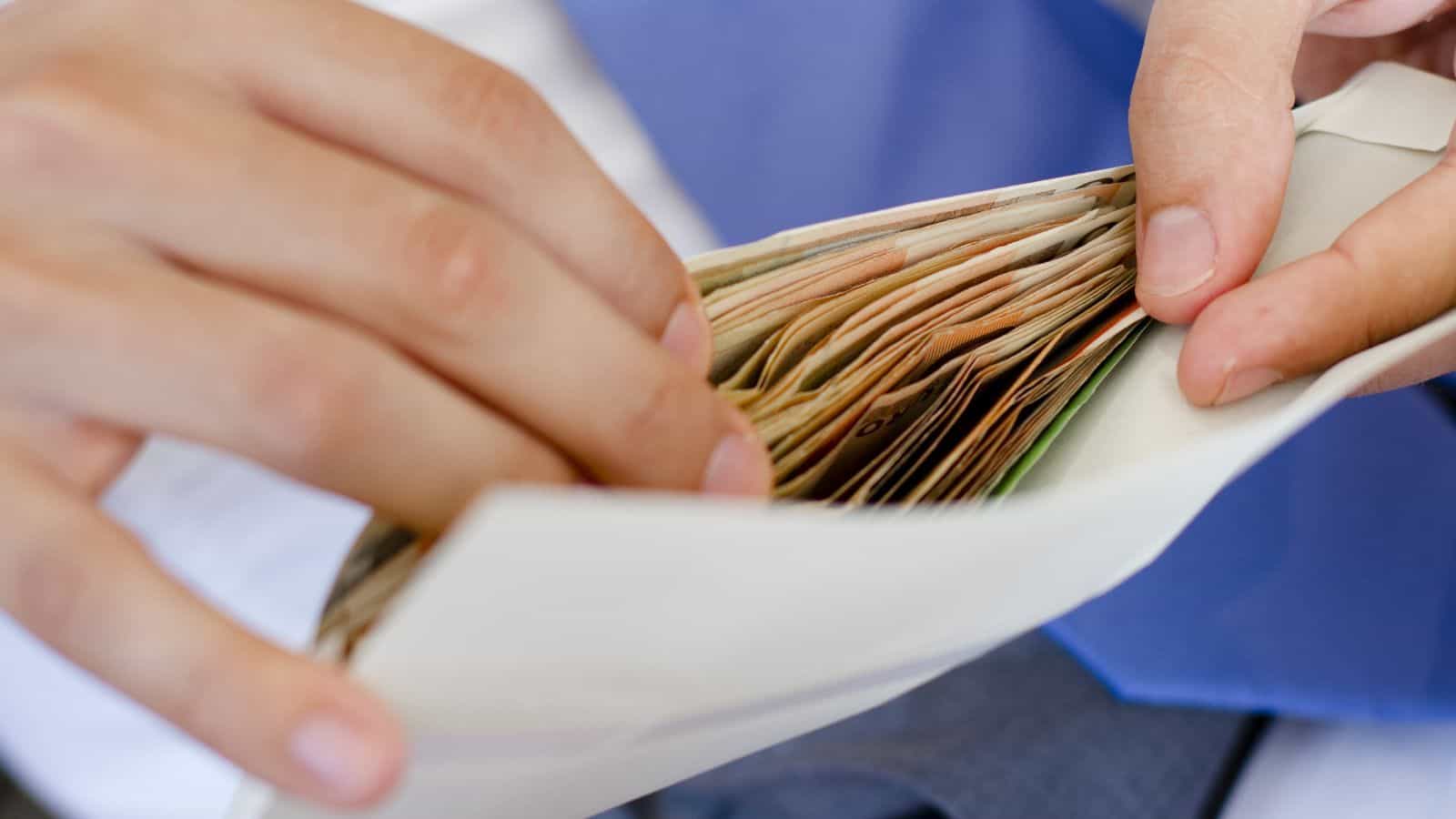
“It’s a good idea to keep enough cash at home to cover two months’ worth of basic necessities,” as per Bankrate. This is in case ATMs and credit card systems are down. You should store your cash in a waterproof container and include smaller bills for more straightforward transactions.
Chargers and Power Banks
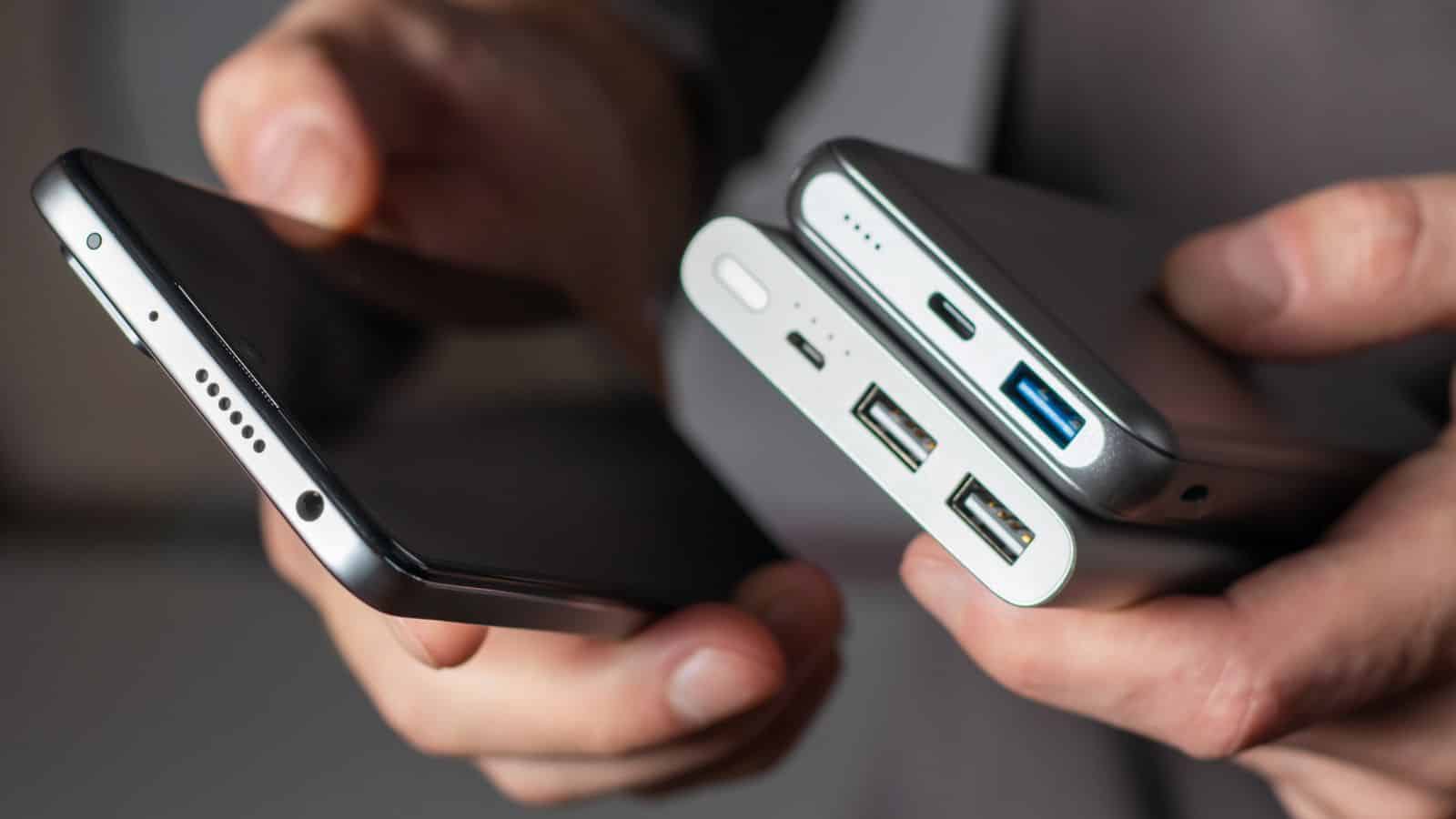
After a day or two with no power, cellphones and laptops will run out of battery, so it’s a good idea to have backups for charging mobile devices, including solar-powered options. Keep power banks ready in case of an emergency, and store cables compatible with all family devices.
Stress-Relief Items
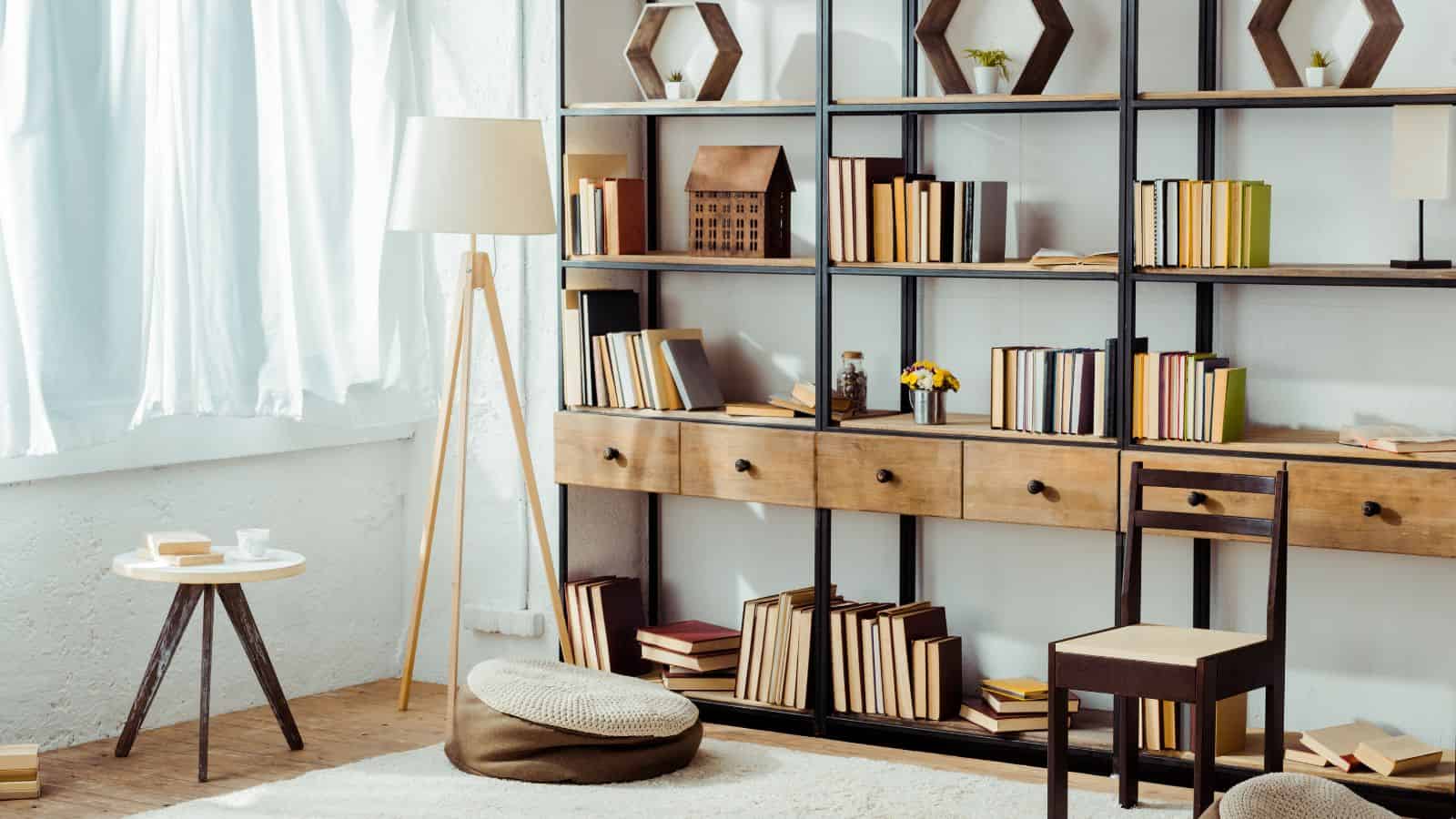
This may not be at the top of your priority list, but it’s a good idea to keep some stress-relief and entertainment items stored for emergencies. This includes books, games, or other activities that can help distract people and calm their nerves.
Specialty Items
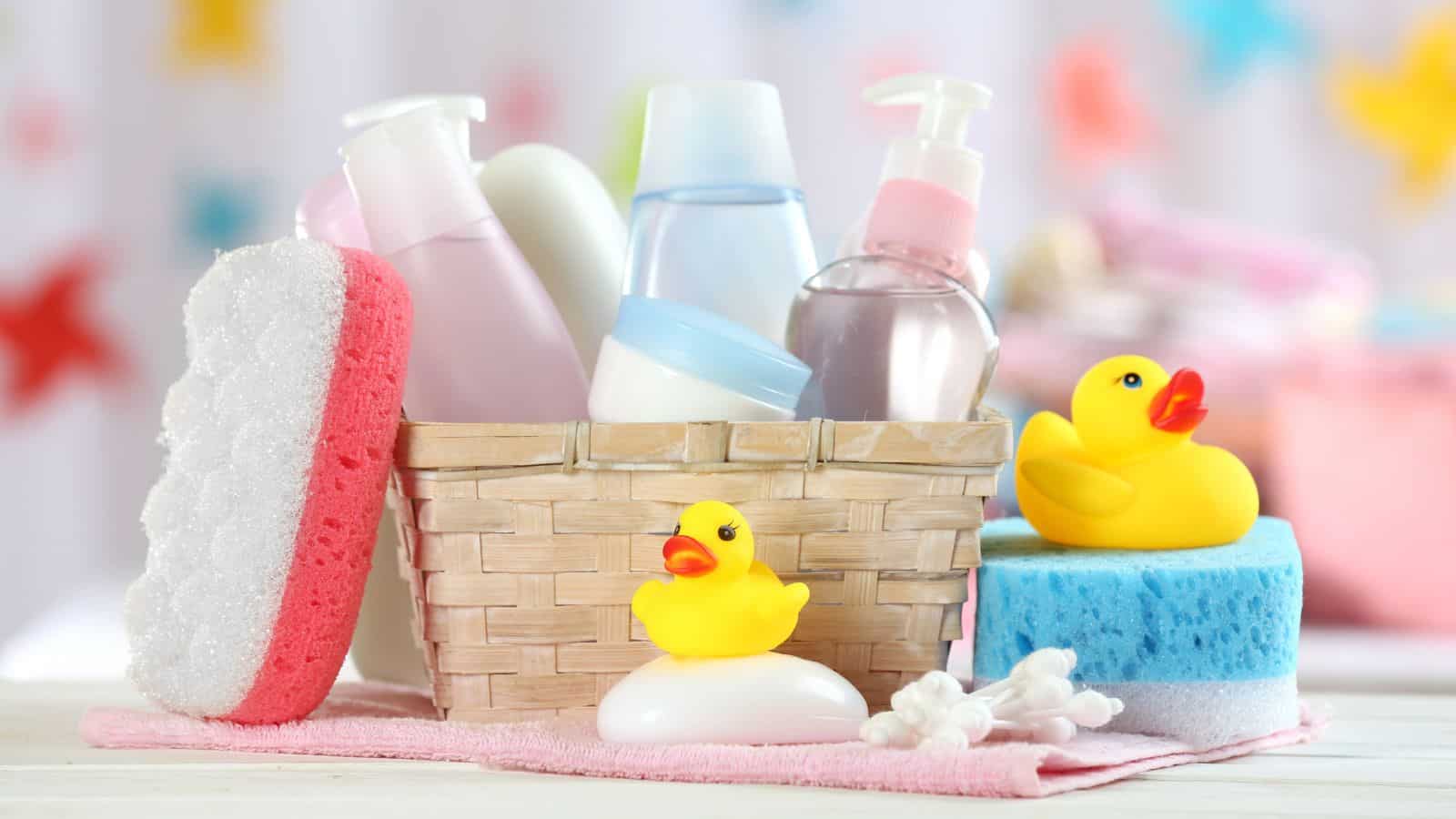
Finally, consider needs specific to your family, such as pet supplies, baby items, medical equipment, or tools for disabling utilities. You should regularly review and update these items based on your current family needs and situations. It’s also a good idea to train family members on how to use specialized tools and supplies.
